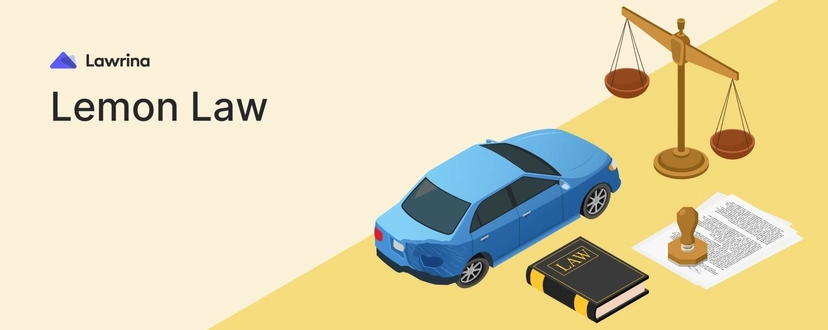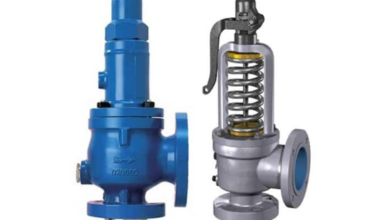
RV Lemon Law vs. Car Lemon Law: What Every Buyer Should Know
Buyers expect reliability and quality when purchasing a vehicle, whether an RV or a car. Unfortunately, defects can arise, leaving owners frustrated with recurring problems. RV and car buyers are protected under lemon laws, but the specifics of these laws can differ depending on the type of vehicle. If you’re facing persistent vehicle issues, consulting with a lemon law lawyer in San Diego is critical to protecting your rights. Contact Premier Legal Center, APC, for a free consultation at (619) 235-0137.
Unraveling the Key Differences and Protections for RV and Car Buyers
Lemon laws are designed to protect consumers from being stuck with defective vehicles. However, the nuances between lemon law claims for cars and RVs are significant. While cars are classified as personal vehicles, RVs are often considered a combination of a vehicle and a living space, which can lead to different legal protections.
Most lemon laws apply to cars after several repair attempts within a specific timeframe. For example, if your vehicle suffers from a recurring brake failure, and the issue remains unresolved after multiple repairs, you may be entitled to compensation under the lemon law.
On the other hand, RV lemon laws may treat defects differently depending on whether the issue relates to the vehicle’s driving components or living area. A malfunctioning engine might be treated more straightforwardly under an auto defect claim. Still, problems with the RV’s living amenities—such as the plumbing or electrical system—could fall under different provisions.
Protect Your Investment: What Sets RV and Car Lemon Laws Apart
While both types of lemon laws protect consumers, the distinction often lies in the coverage and repair expectations. Car lemon laws typically focus on defects that impair the vehicle’s ability to function as a mode of transportation. You can seek legal remedies if your car consistently breaks down, poses safety risks, or has mechanical issues.
RV lemon laws, however, extend beyond mechanical failures. Since RVs serve as both transportation and living spaces, the law also accounts for defects in non-mechanical components, such as heating, air conditioning, or plumbing issues. This dual nature of RVs complicates the process, as it can be challenging to determine whether a defect qualifies under typical auto defect claims or more specific RV-related laws.
Understanding Your Rights: The Crucial Distinctions Between RV and Car Lemon Laws
Understanding your rights as a consumer is vital, especially when dealing with defective vehicles. While lemon laws for cars are generally more straightforward, the added complexity of RVs, as part home and part vehicle, requires a more thorough understanding.
For cars, your rights under the Lemon law typically activate if the defect remains unresolved after several repair attempts or after the vehicle has been out of service for several days. This allows the car buyer to seek a replacement vehicle, a refund, or compensation for ongoing repairs.
RV owners, however, may find that their rights differ depending on the type of issue and whether it affects the vehicle’s usability for transportation or habitation. Since RVs have various systems and components, RV lemon laws can be more challenging to enforce, often requiring specialized legal assistance to interpret which parts of the law apply.
Having a San Diego lemon law lawyer by your side is crucial with the complexities involved. A lawyer can help you navigate the different warranty periods for RVs and the broader scope of coverage that may be available compared to cars.
Read Also: Construction Projects: Tips for Contractors to Stay on Budget
Buyer Beware: How RV and Car Lemon Laws Differ in Protecting You
Although lemon laws protect both RV and car buyers, the depth of protection can vary widely. In most states, car lemon laws are clear and provide comprehensive protection for recurring mechanical defects. On the other hand, RV lemon laws may provide more limited coverage, often dependent on the severity of the defect and its impact on the RV’s overall usability.
For car buyers, the process for filing lemon law claims is relatively straightforward. After experiencing several failed repair attempts, the vehicle owner can pursue a claim. However, RV owners may have to navigate a more complex process, especially if their claims involve the vehicle’s living quarters. Moreover, specific RV components might be covered under different warranties, adding complexity.
This is why it is essential to work with a knowledgeable San Diego lemon law lawyer who can review your situation and determine the best course of action. At Premier Legal Center, APC, we specialize in handling RV and auto defect claims, ensuring that your rights are fully protected. If you’re experiencing persistent issues with your car or RV, don’t hesitate to contact a trusted lemon law lawyer in San Diego.




